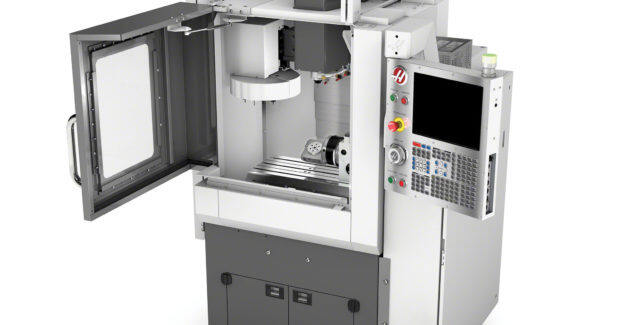Correo electrónico ukax janiw ch’usakïkaspati
Contraseña ukax janiw ch’usakïkaspati
Correo electrónico formato ukan pantjasitapa
Correo electrónico ukax janiw ch’usakïkaspati
Correo electrónico ukax nayratpach utjxiwa
6-20 chimpunaka(letranakampi jakhunakampikiwa)
Uka aruskipawixa janiwa chiqaparu uñjatäkiti
Correo electrónico formato ukan pantjasitapa
Correo electrónico ukax janiw ch’usakïkaspati
Correo electrónico ukax janiw utjkiti
6-20 chimpunaka(letranakampi jakhunakampikiwa)
Uka aruskipawixa janiwa chiqaparu uñjatäkiti

Yatiyawinaka
CNC Machining or 3D Printing, Understand Their Differences
When we make different prototype projects, we need to choose the appropriate processing method according to the characteristics of the parts, in order to complete the prototype faster and better.
At present, the main processing of prototypes are CNC processing, 3D printing, lamination, fast mold and so on...
Among them, the two most widely used prototype processing technologies are CNC machining and 3D printing, but the difference between these two technologies is still relatively obvious.
First of all, 3D printing is a material increase technology, and CNC lathe machining is a material reduction technology. Today, let's talk about the differences between them!

Differences in Material
3D printing materials mainly include liquid resin (SLA), nylon powder (SLS), metal powder (SLM), gypsum powder (full-color printing), sandstone powder (full-color printing), wire (FDM), plate (LOM), etc.
Among them, liquid resin, nylon powder and metal powder occupy the vast majority of the industrial 3D printing market.
The materials used for CNC lathe processing are all pieces of plates, that is, plate-like materials. By measuring the length, width, height and wear of the parts, the corresponding size plates are cut for processing.
CNC lathe processing materials, general hardware and plastic plates can be processed by CNC lathes, and the density of molded parts is larger than that of 3D printing.
Differences in molding principles
As we mentioned earlier, 3D printing is a kind of additive manufacturing. Its principle is to cut the model into N layers/N multi-points, and then pile them up layer by layer/bit by bit in order, just like building blocks Same.
Therefore, 3D printing can effectively process and produce parts with complex structures, such as hollow parts, while CNC is difficult to realize the processing of hollow parts.
Numerical control is a kind of subtractive manufacturing. By operating various tools at high speed, the required parts are cut out according to the programmed tool.
Therefore, CNC lathe processing can only have rounded corners with a certain radian, but cannot directly process right angles.
Realized by wire cutting/spark technology, it is no problem to process the outer right-angle CNC lathe, so the inner right-angle parts can be considered for 3D printing.
On the surface, if the surface area of the part is relatively large, it is also recommended to choose 3D printing. CNC lathe processing the surface is very time-consuming, and if the experience of programming and operating the machine master is not enough, it is impossible to leave a clear pattern on the part.
Differences in operating software
Most 3D printing slicing software is easy to operate, and even laymen can use slicing software proficiently within a day or two with professional guidance.
Because the slicing software is very easy to optimize and supports automatic generation, which is why 3D printing can reach individual users.
CNC programming software is much more complicated and requires professionals to operate it. People with zero basic knowledge generally need to study for about half a year. In addition, a CNC operator is required to operate the CNC machine.
Due to the complexity of programming, a component can have multiple CNC machining solutions, while 3D printing will only be relatively objective due to the placement of consumables for a small portion of the machining time.
Conclusion
For more information about 4 axis mini cnc milling machine,6040 cnc milling machine,six axis milling machine, we are glad to answer for you.

